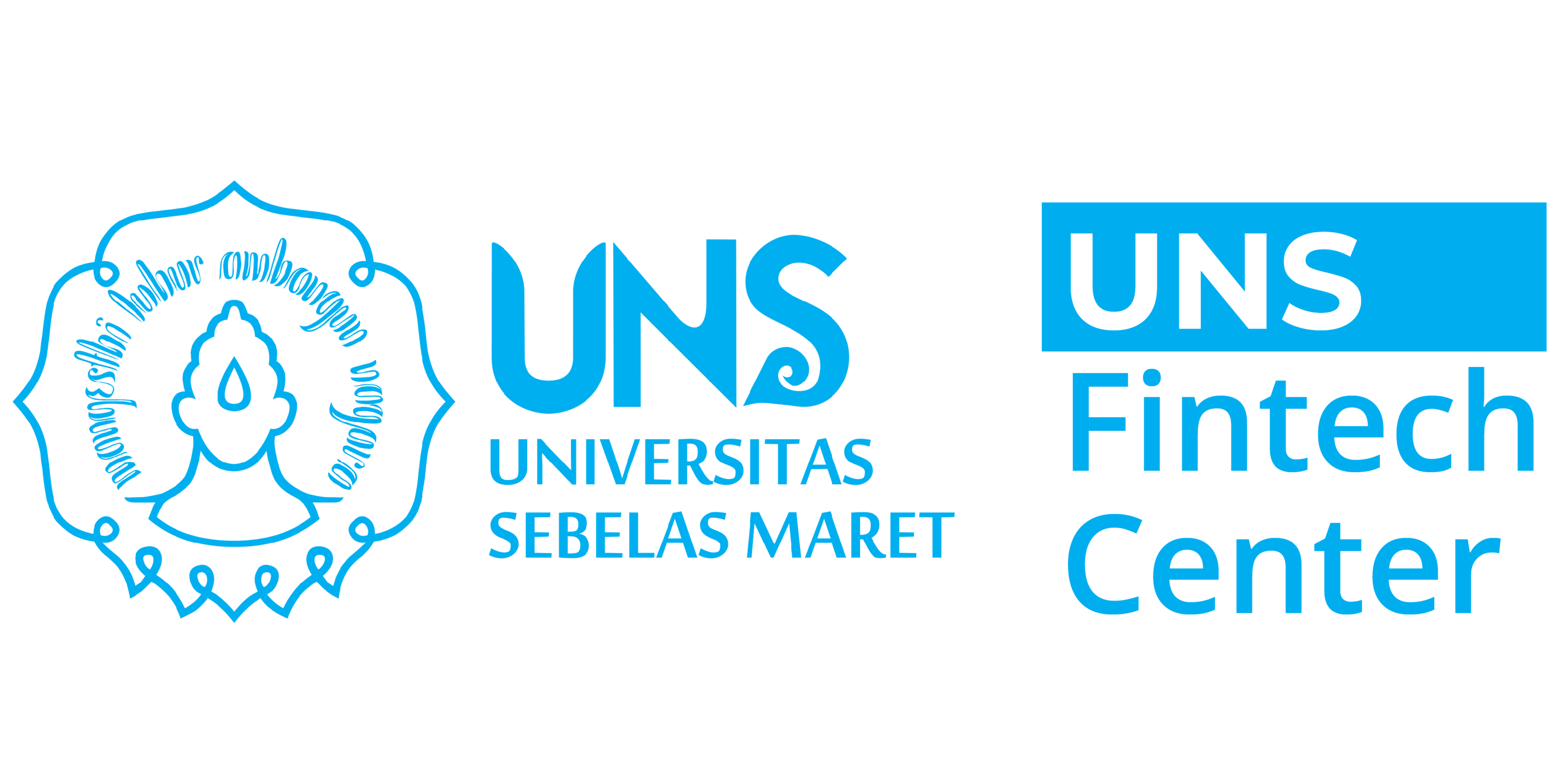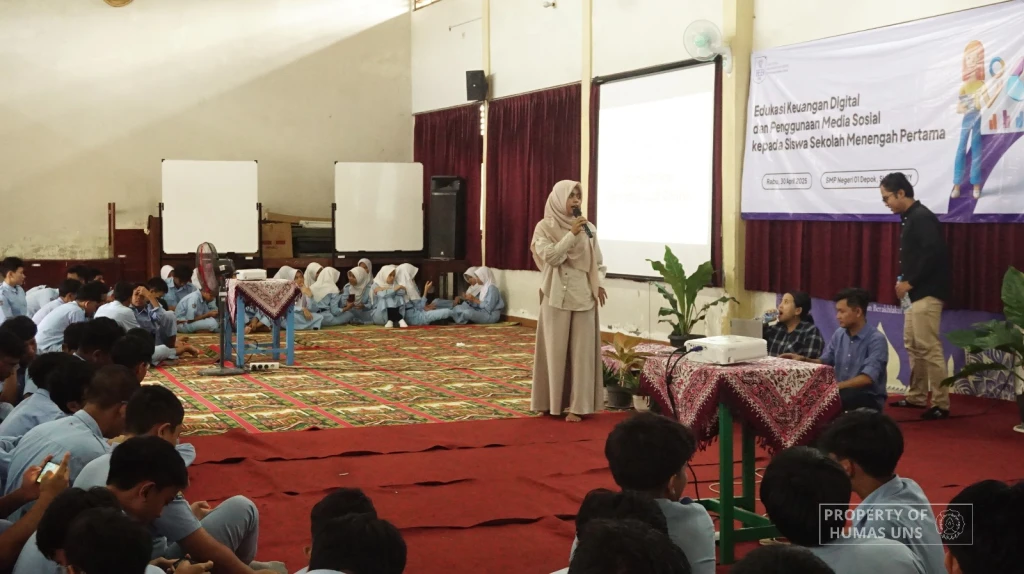RG Governance and Corporate Finance FEB UNS Emphasizes Wise Use of Social Media to Junior High School Students Author: Humas UNS May 6, 2025 The Research Group (RG) Governance and Corporate Finance of the Faculty of Economics and Business (FEB) at Universitas Sebelas Maret (UNS) Surakarta conducted a community service activity by educating junior high school students on the wise use of social media. This initiative was carried out in collaboration with SMP Negeri 1 Depok, Sleman, Yogyakarta Special Region, on Wednesday, April 30, 2025. The program was led by Prof. Irwan Trinugroho S.E., M.Sc., Ph.D., and included members Putra Pamungkas, S.E., M.Rech., Ph.D., Aldy Fariz Achsanta S.E., M.Rech., Ph.D., Linggar Ikhsan Nugroho, S.E., M.Ec.Dev., Nugroho Saputro, S.E., M.Ec.Dev., Dr. Etikah Karyani S.E. Ak., M.S.M., CA., CMA., Fadli Septianto S.E., M.S.M., and Dewanti Cahyaningsih S.E., M.Rech. The aim of this activity was to introduce students to the concept of ethical social media usage and raise awareness about online scams and gambling. It also supports the 4th Sustainable Development Goal (SDG), which is Quality Education. The educational session began with an opening speech by RG member Putra Pamungkas, S.E., M.Rech., Ph.D., who stated: “We believe that synergy between higher education and primary and secondary institutions is crucial in shaping the younger generation. Equipping students with an understanding of ethics and safety in social media from an early age is a vital step toward creating a digitally empowered and principled generation,” said Putra. The event featured speaker Eka Dyah Pramusinta S.E., who emphasized that social media can be a tool for self-development if used wisely, but also carries significant risks if users are not aware of scams and online gambling. She discussed the importance of students understanding both the positive benefits and the potential dangers of social media. “Social media can be very beneficial—from gaining knowledge and expanding networks to exploring digital economic opportunities. But on the other hand, students must be cautious of scams and the growing trend of online gambling targeting teenagers,” Eka explained. During the same event, Maridi, S.Pd., Vice Principal for Curriculum at SMP Negeri 1 Depok Sleman, added that introducing digital financial literacy at the junior high school level is essential preparation for the future. Through this community service initiative, RG Governance and Corporate Finance FEB UNS hopes to contribute to shaping a young generation—especially the students of SMP Negeri 1 Depok Sleman—that is not only tech-savvy but also aware of the importance of digital financial literacy and its associated risks. This aspiration aligns with the spirit of SDG 4, in creating an inclusive, empowered, and sustainable future. Berita Chief of UNS Fintech Inaugurated as The Youngest Professor in UNS May 6, 2025 RG Governance and Corporate Finance FEB UNS Tekankan Penggunaan Media Sosial Secara Bijak kepada Siswa… May 6, 2025 Micro Panel Data Analysis with Prof. Siong Hook Law September 3, 2021 Digital Capacity Building for Regional Financial Management Implementers in Salatiga City June 17, 2021 Internship Program 2021 May 25, 2021 Webinar on International Financial Development, Digital Transformation, and Economic Uncertainty March 7, 2021 Digital Innovation Competition 2020 Final November 7, 2020 Series 2: STATA Application in Finance, Banking, and Accounting Research September 2, 2020
UNS FINTECH CENTER
Member of Universitas Sebelas Maret
Office Address:
UNS Library Building, 2nd Floor
Jl. Ir Sutami No. 36 A, Jebres, Surakarta
Central Java 57785 – Indonesia
SEND US REQUEST !
Copyright All Right Reserved 2024, UNS FINTECH CENTER


